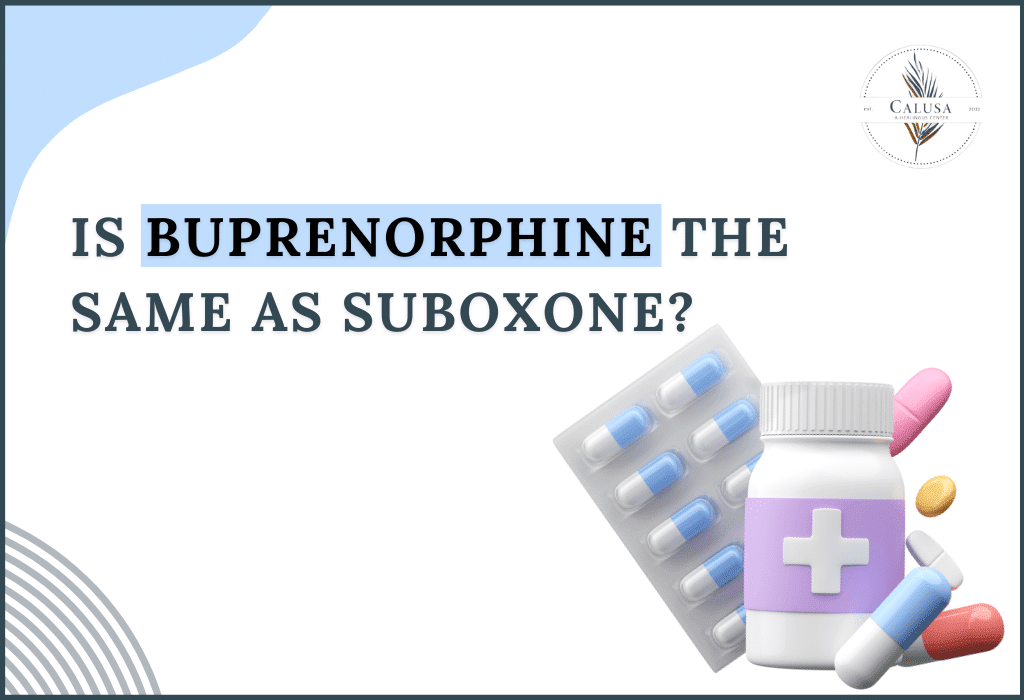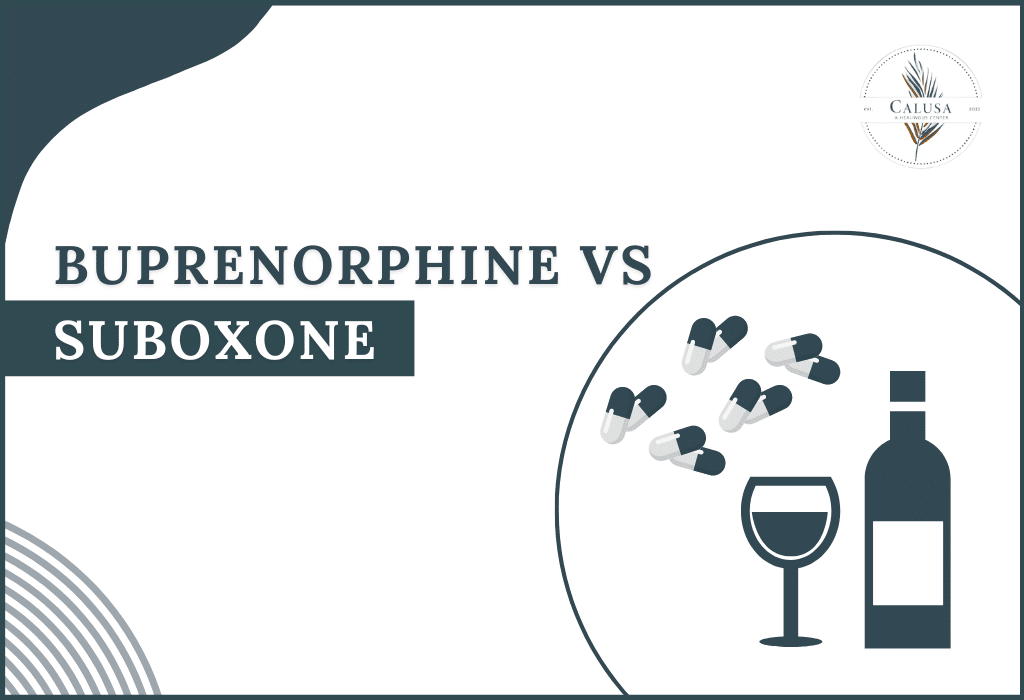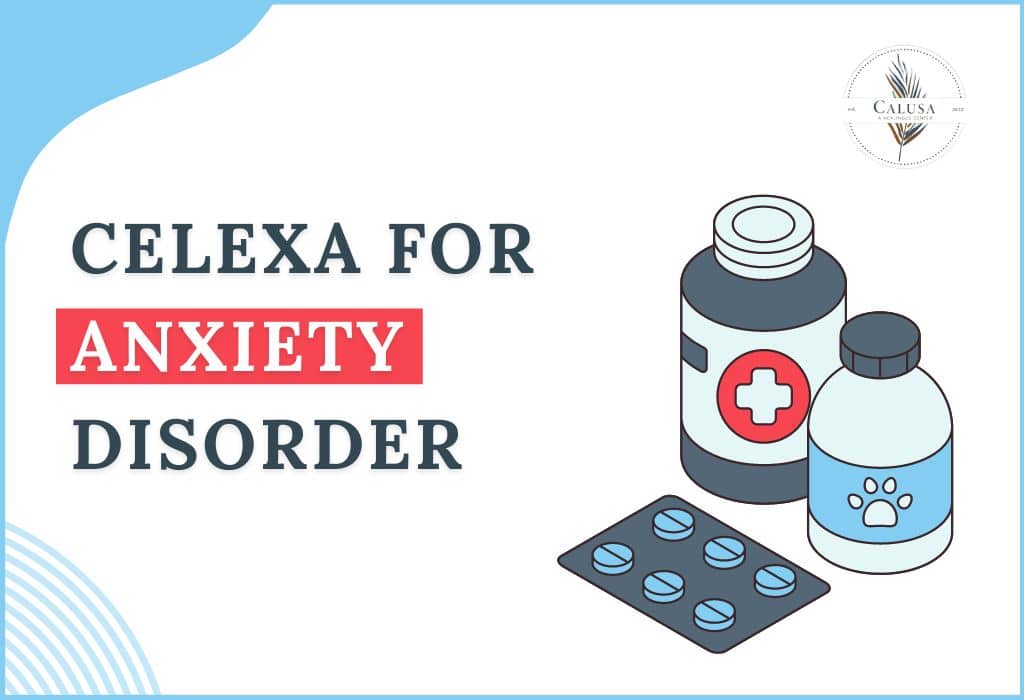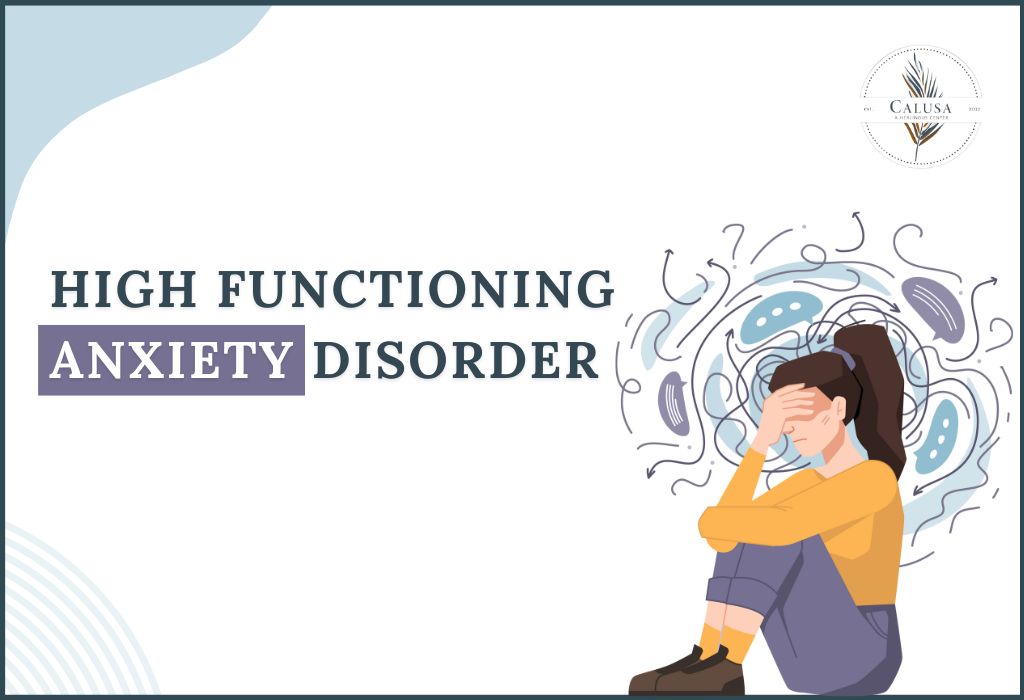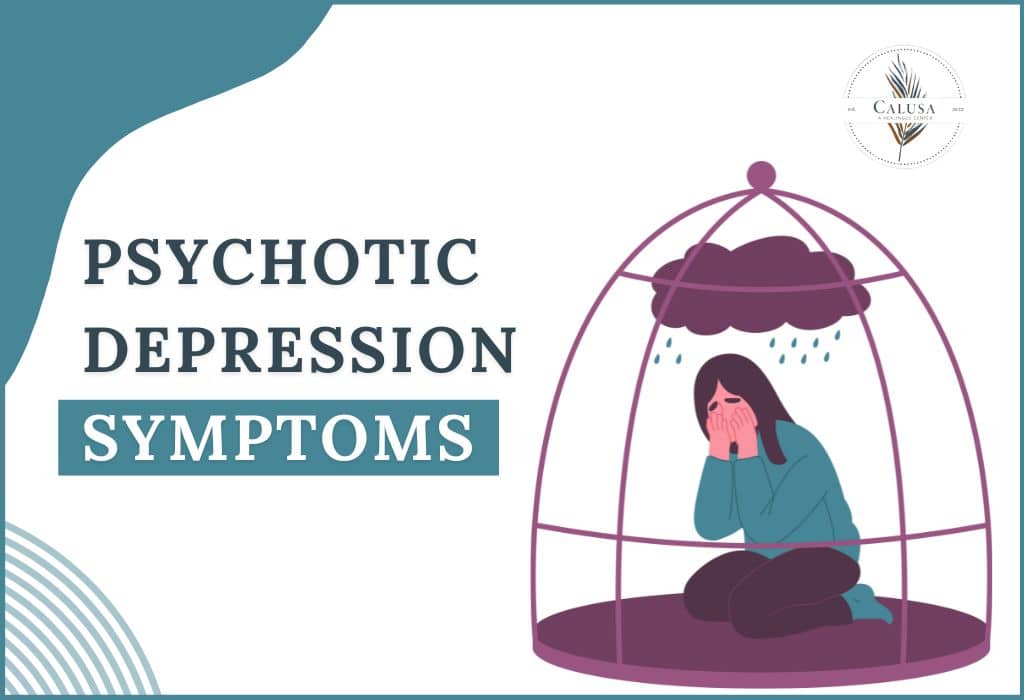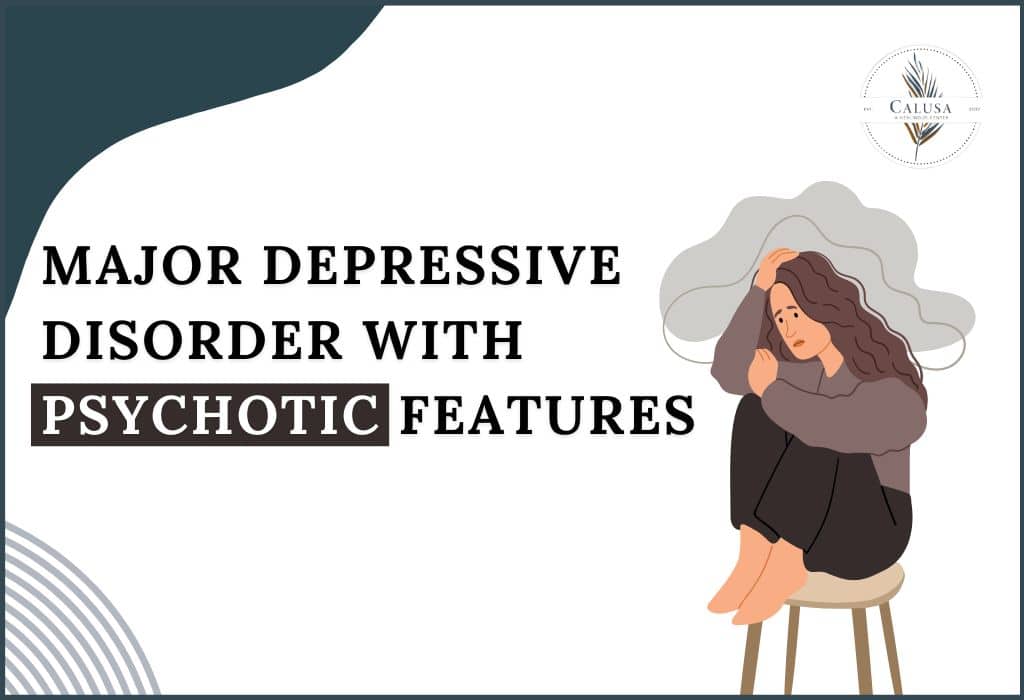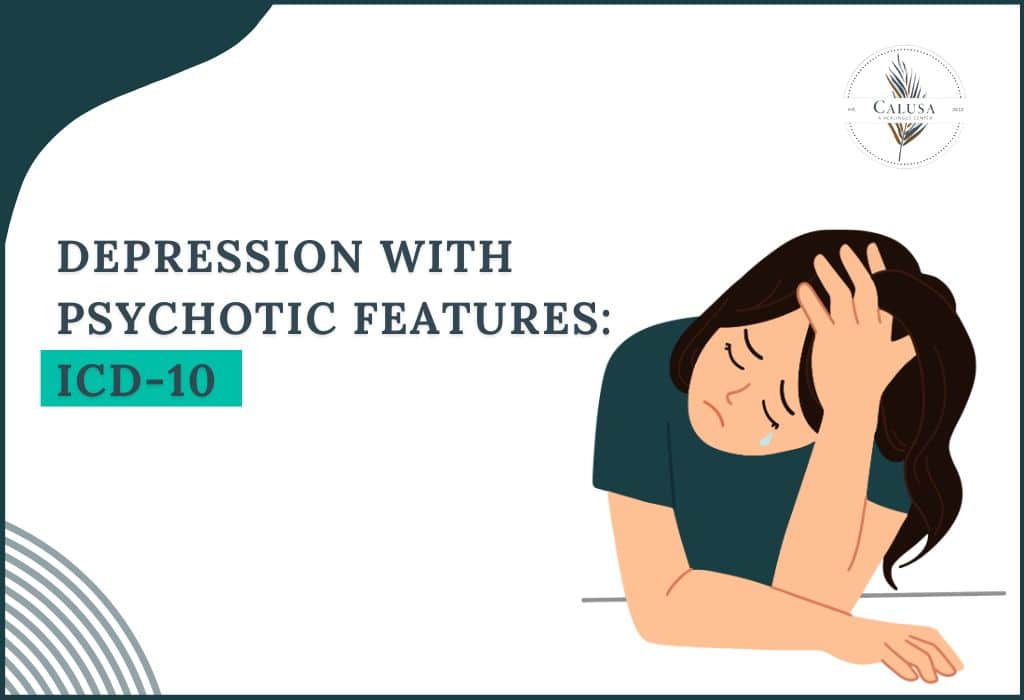Behind closed doors and beneath the surface, there’s a battle being fought that often remains hidden from plain sight – the battle against Alcohol Use Disorder (AUD).
I want to have an open and honest talk about something that affects a lot of people – Alcohol Use Disorder (AUD). It’s not always easy to talk about, but recognizing the symptoms is the first step in addressing this issue.
As a friend, family member, or concerned individual, have you ever wondered if someone you care about is struggling with an issue they’re reluctant to share?
In this blog, we will uncover the subtle signs of AUD, providing you with the knowledge and tools to make a profound difference in your loved one’s life.
By understanding the symptoms, both apparent and concealed, you can be the guiding light on their path to recovery.
Alcohol Use Disorder (AUD): What You Need to Know?
Alcohol Use Disorder (AUD), also known as alcoholism, varies from person to person. The indications of alcohol dependence, are medically named alcoholism or alcohol use disorder.
AUD, or Alcohol Use Disorder, is a medical condition characterized by:
- Craving: A strong desire or urge to consume alcoholic beverages.
- Loss of Control: The inability to cease drinking once you’ve initiated.
- Negative Emotional State: Enduring feelings of anxiety and crankiness when abstaining from alcohol.
In this blog, we’re going to explore the common signs of Alcohol Abuse in everyday language and its side effects. We’ll talk about why these signs are important. By the end, you’ll have a better idea of what to look for and what steps you or someone you know can take if you’re dealing with these signs.
Identifying Alcohol Use Disorder (AUD)
Let’s take a self-quiz and if you answer “yes” to two or more, it could be a sign you’re dealing with an AUD:
In the past year, have you:
- Exceeded your planned drinking quantity or duration?
- Expressed the desire to cut down or quit drinking but been unable to do so?
- Devoted a significant portion of your time to drinking or its aftereffects?
- Have you experienced a compelling urge to consume alcohol?
- Found that drinking, or the repercussions of drinking, significantly disrupted your family, professional, or academic life?
- Continued drinking despite experiencing difficulties with friends or family as a result?
- Given up or scaled back on activities you once enjoyed to accommodate drinking?
- Engaged in hazardous situations while or after drinking, such as drunk driving, etc?
- Persisted in drinking even when it worsened feelings of depression, anxiety, or another health condition?
- Required increasing alcohol consumption to feel its effects?
- Experienced withdrawal symptoms when the alcohol’s effects wore off, including difficulty sleeping, trembling, irritability, anxiety, depression, restlessness, nausea, and perspiration. In severe cases, these symptoms can escalate to fever, seizures, or hallucinations.
If you find yourself affirming any of these questions, your alcohol consumption may be a cause for concern. The greater the number of positive responses, the more severe the issue.
What’s next?
Well, it’s not just about identifying the symptoms; it’s also about offering support. Here’s how you can be a rock for your loved ones:
- Open Conversation: Approach the subject gently. Share your concerns without judgment, and let them know you’re there to help.
- Offer Resources: Research local support groups or treatment centers together. Knowing where to go for help can ease the process.
- Be Patient: Recovery isn’t a sprint; it’s a marathon. Be patient and understanding, as it might take some time to reach the point of seeking help.
- Stay Involved: Attend therapy or support group sessions with your loved one if they’re comfortable with it. Your presence can be reassuring.
- Encourage Self-Care: Help your loved one build a healthier lifestyle, including proper nutrition, exercise, and stress management.
Remember, Self-Care is Key!
It’s not just about supporting others; it’s about taking care of yourself too. It can be emotionally draining to see a loved one struggle with AUD. Make sure you’re seeking your support network as well, whether it’s through friends, family, or therapy.
Common Signs and Symptoms of Alcohol Abuse Disorder
Common signs and symptoms of alcohol abuse can vary from person to person, but there are several key indicators to look out for. These signs can be physical, psychological, and behavioral. Here are some common signs and symptoms of alcohol abuse:
Alcohol Abuse Physical Symptoms
Alcohol abuse, a widespread issue with far-reaching consequences, often manifests in a variety of physical symptoms. Excessive alcohol can mess with your body. These symptoms can serve as important indicators of a person’s relationship with alcohol, potentially signaling the presence of a larger problem.
- Fluctuating Weight: When people drink too much, they might eat irregularly. This can lead to changes in their weight. Some might gain weight because they eat too much when they drink. Others might lose weight because alcohol messes with their metabolism.
- Skin Issues: Drinking too much can make their skin look red and puffy. They might also develop little red veins, kind of like spider veins. Sometimes, their skin and eyes turn yellow, a condition called jaundice. This happens when their liver gets hurt because of alcohol.
- Gastrointestinal Distress: Alcohol can be tough on the stomach. It can cause problems like gastritis (stomach inflammation), ulcers, acid reflux, and a lot of throwing up.
- Dehydration: Alcohol makes people pee a lot. This can make them dehydrated, and that can lead to dry skin, a dry mouth, and even problems with their kidneys.
- Digestive Problems: Excessive drinking can upset the stomach and mess up the balance of good bacteria in the gut. This can cause issues like diarrhea or constipation.
- Neurological Symptoms: People who drink a lot may have shaky hands, trouble walking straight, and poor coordination. It’s called alcoholic neuropathy, and it happens because alcohol damages the nerves in the body.
- Liver Enlargement and Cirrhosis: The liver is like a filter for alcohol, but when they drink too much, it can become bigger and, over time, develop scars, a condition known as cirrhosis.
Psychological Indicators
- Mood Swings: Individuals with AUD may experience dramatic mood swings, alternating between euphoria and depression.
- Irritability and Agitation: Increased irritability and agitation are common emotional responses among those with AUD.
- Anxiety and Depression: AUD can exacerbate or lead to anxiety and depression, adding to emotional distress.
- Memory Lapses and Blackouts: Alcohol-induced memory lapses and blackouts are telltale signs of excessive drinking.
- Impaired Judgment: AUD often impairs one’s ability to make sound decisions and exercise good judgment.
- Cognitive Deficits: Reduced cognitive function can result from long-term alcohol abuse.
- Hallucinations (in severe cases): In severe AUD, auditory or visual hallucinations may occur.
Behavioral Signs
- Social Withdrawal: Individuals may withdraw from social activities and isolate themselves from loved ones.
- Neglecting Responsibilities: Neglecting work, home, or school responsibilities due to alcohol use is a common behavioral sign.
- Risky Behaviors: Engaging in risky behaviors while under the influence of alcohol, such as reckless driving.
- Increased Secrecy: AUD may lead to heightened secrecy about alcohol consumption.
- Legal Issues: Legal problems, such as DUIs, are often associated with alcohol abuse.
- Relationship Conflicts: AUD can strain relationships and lead to conflicts with family and friends.
- Loss of Interest: Hobbies and activities once enjoyed may be abandoned or hold no interest.
Recognizing these symptoms is crucial, as they can indicate not only alcohol abuse but also the potential development of an Alcohol Use Disorder (AUD).
How to cure alcohol abuse side effects?
Okay, now let’s talk about how to make things better when you’ve been drinking too much. The side effects of alcohol abuse are challenging, but with determination, support, and the right strategies, recovery is possible.
The First Big Step:
The first step to curing the side effects of alcohol abuse is to stop drinking alcohol. We know it’s not easy, but it’s super important to start feeling better. When you quit drinking, your body starts to heal itself.
The short-term side effects of alcohol abuse, such as hangovers and blackouts, will go away once you stop drinking. However, the long-term side effects of alcohol abuse may take longer to heal, and some may be permanent.
No More Alcohol + Patience + Self-Care = Recovery
To speed up feeling better, here are three easy things to do:
- Healthy Eating: Nourish your body with good food to expedite the recovery process.
- Regular Exercise: Physical activity boosts not just your physical health but your mental well-being.
- Adequate Rest: Quality sleep is your body’s best friend in the journey to restoration.
- Stress Management: Techniques like meditation and mindfulness help alleviate emotional burdens.
- Avoiding Harmful Substances: Be cautious about other substances that might impede your recovery.
The Bottom Line
Recovery from AUD takes time and effort, but it’s achievable with the right backing, a healthier and more fulfilling life is well within reach. Here are a few more nuggets of wisdom to guide you:
1. Surround yourself with people who genuinely care about your well-being. Whether it’s family, friends, therapists, or support groups, their presence can make a world of difference.
2. Understand that recovery isn’t a straight path; there might be bumps along the way. The key is to keep moving forward, no matter the setbacks.
3. No achievement is too small to be celebrated. Recognizing your progress, however minor it may seem, is essential for staying motivated and staying on course. It’s the secret of leveling up.
If you’re concerned about your own or someone else’s drinking habits, it’s vital to open up to a doctor or a mental health professional. They have the expertise to evaluate your situation and help craft a plan to reduce or quit drinking. Your healthier, happier life is just around the corner!

